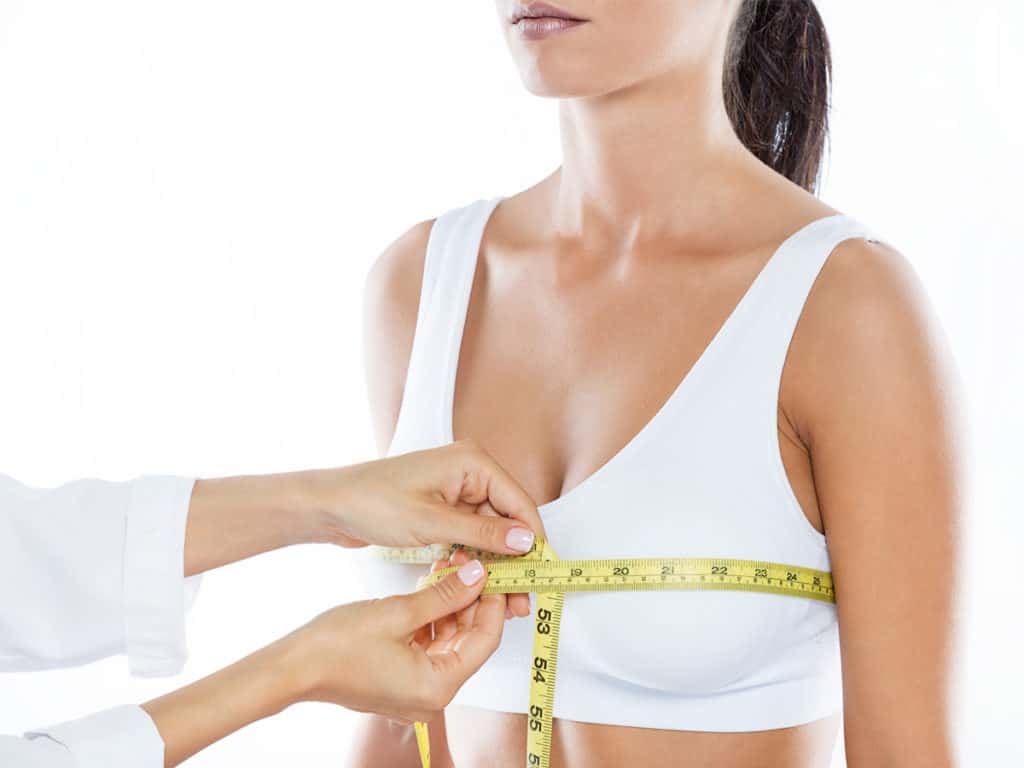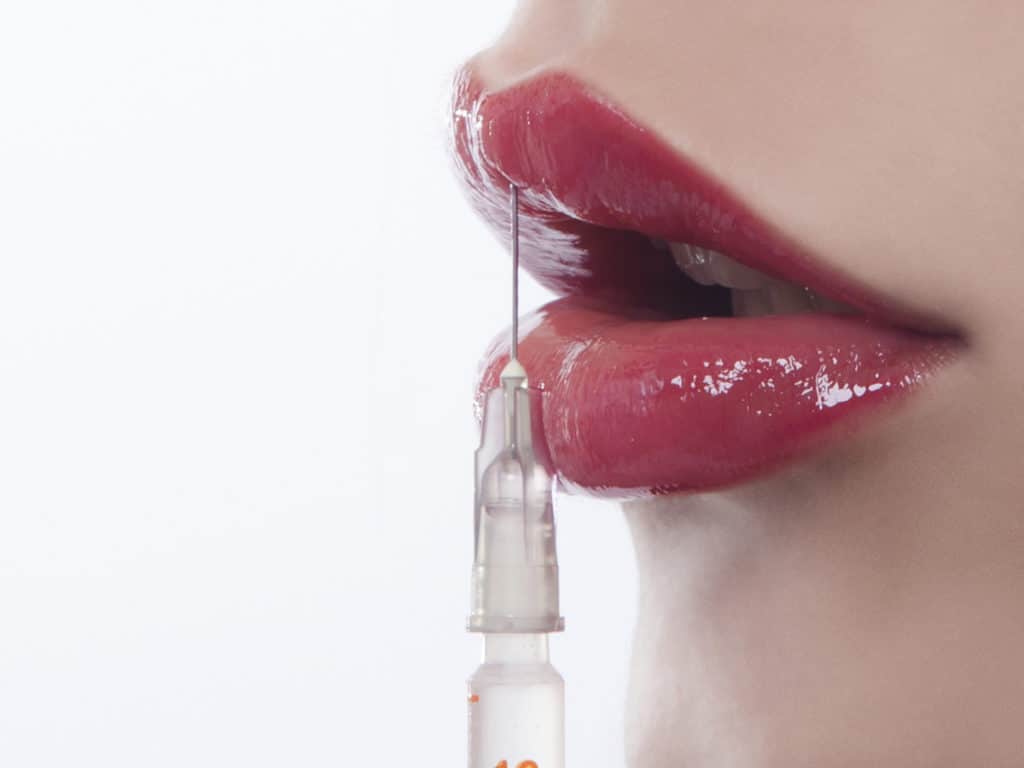I saw a new patient today for a breast reduction consultation who told me that she’s been waiting for a breast reduction for DECADES! She mentioned that she’d discussed her breast concerns with other physicians over the years and had been given advice that, in my opinion, was not well-informed and cost this patient years of physical and emotional relief. Let’s set the record straight on some of the most common bits of misinformation I’ve heard.
1. You can’t have a breast reduction until you’re done having children.
Pregnancies and breast feeding can certainly change any woman’s breasts, including those women who have undergone breast reduction surgery. Additionally, any surgery on the breast can interfere with a woman’s ability to breast feed. Having said that, I see young women in my practice almost every day that hope to have kids someday but are in pain or just unhappy with the size and shape of their breasts now. I advise patients that if they plan on having kids in the near future (the next year or two), I would recommend waiting to have breast reduction surgery until after the pregnancies. If those pregnancies are years down the road, I don’t think it’s reasonable for women to have to wait 5, 10, 15 years or longer for the “ideal” time to have surgery. I have never met a patient who had breast reduction surgery prior to having kids who told me they wish they’d waited. I have seen very few women over the years who loved their breast reduction results before having kids who felt like they needed them “fixed” thereafter.
2. You should wait until after menopause to have breast reduction surgery.
Nope. This is also bad advice for the same reasons outlined under #1. Yes, some women’s breasts change after menopause, but those changes are not usually dramatic. Menopause (and getting older) can also change the quality of the skin and this can impact wound healing and how much settling of the breasts occur during the healing process. It’s certainly fine to do a breast reduction in a post-menopausal woman, but women don’t need to wait until after menopause to have the surgery!
3. The breasts will grow back after breast reduction.
While hormonal changes (pregnancies, menopause, birth control) can affect a woman’s breast size a little, the main reason that breast size increases is weight gain. If a woman maintains her weight after breast reduction surgery, the chance of a significant increase in breast size is very low.
4. You won’t need a breast reduction if you just lose weight.
This may be true for a small number of women, particularly women with a very high BMI, but the vast majority of women I see considering breast reduction surgery would still have disproportionately large breasts at their ideal body weight. Every woman’s breasts are made up of glandular breast tissue (the stuff that makes milk when nursing and delivers that milk to the nipple) and fat. With weight changes, the volume of fat can grow or shrink, but the amount of glandular tissue doesn’t change with weight changes. Sure, the breasts may get a little smaller with weight loss, but so will the rest of the woman’s body and the breast proportions will likely still be too large for their frame. I have yet to meet a woman who said she thought she needed a breast reduction but then lost weight and the breasts were well-shaped and appropriately-sized.
5. The scars aren’t worth it.
That’s obviously a personal decision, but in almost 20 years of practice and having operated on a countless number of breast reduction patients, I’ve had ONE patient tell me the scar wasn’t worth the improvement.
If you are interested in scheduling your consultation with Dr. Peters, please call us at 708-524-1400 or fill out our contact form today.



